SIGHTSEEING
Discover the Snow Monkeys: A Journey to Jigokudani Monkey Park in Yamanouchi
2023.10.24
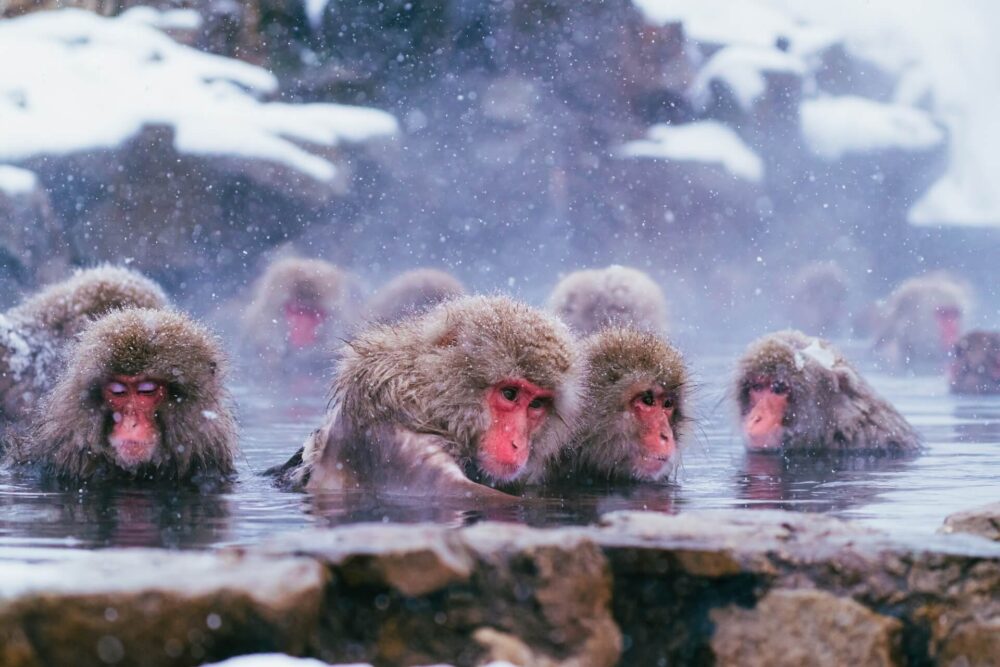
In Yamanouchi’s Jigokudani Monkey Park, you can find monkeys basking in the warmth of hot springs, creating a picturesque scene that captures the essence of nature coexisting with wildlife. The park, opened in 1964, stretches along the Yokoyugawa Valley, originating from the Shiga Highlands. It was established with the dual purpose of protecting the wild Japanese macaques residing in the vicinity and utilizing them as a tourist resource.
From the very beginning, the park has advocated for coexistence between Japanese macaques and humans, maintaining an environment that allows visitors to observe the monkeys in a state close to nature. Therefore, you won’t find any cages or fences like those in a zoo here.
The Jigokudani Monkey Park gained international fame for its unique residents: monkeys living in the snow, a rare sight worldwide, and the fact that these monkeys bathe in hot springs. In 1970, the park was featured on the cover of the American science magazine “LIFE”, introducing the world to the “Snow Monkeys of Japan” with a captivating image of a monkey covered in snow, soaking in a hot spring. Furthermore, the 1998 Nagano Winter Olympics played a pivotal role in bringing the Snow Monkeys to global attention, as athletes and media from around the world visited the park.
As you approach the Monkey Park, walking along the Yumichi Promenade from Kamibayashi Onsen, you’ll notice that the majority of visitors during winter are international tourists, almost making you forget you’re in Japan. When the distinctive sulfur smell of Jigokudani Onsen becomes stronger, you know you’ve arrived at the park. Surrounded by spectators, the monkeys go about their business, grooming and playing right in front of you, unfazed by human presence. Some young monkeys even surprise tourists with their playful jumps into the hot spring baths.
Today, there are about 160 Japanese macaques living in the park. While they only enter the hot springs during the colder months, the park offers a unique opportunity to closely observe the life and behavior of these monkeys throughout the year. In spring, you can witness the birth of new babies and the devoted care of mother monkeys.
For a comfortable visit, it is recommended to wear boots or wellingtons that are easy to walk in and can get dirty, especially in winter when snow can make the paths slippery. Ensure you are appropriately dressed and equipped for your visit.
Operating Hours
Summer (Around April to October): Open around 8:30 AM, Close around 5:00 PM
Winter (Around November to March): Open around 9:00 AM, Close around 4:00 PM
* The park is open every day, all year round.
Be sure to check out the live camera footage on the official website.
Official Website: [Jigokudani Monkey Park]
Related article
-
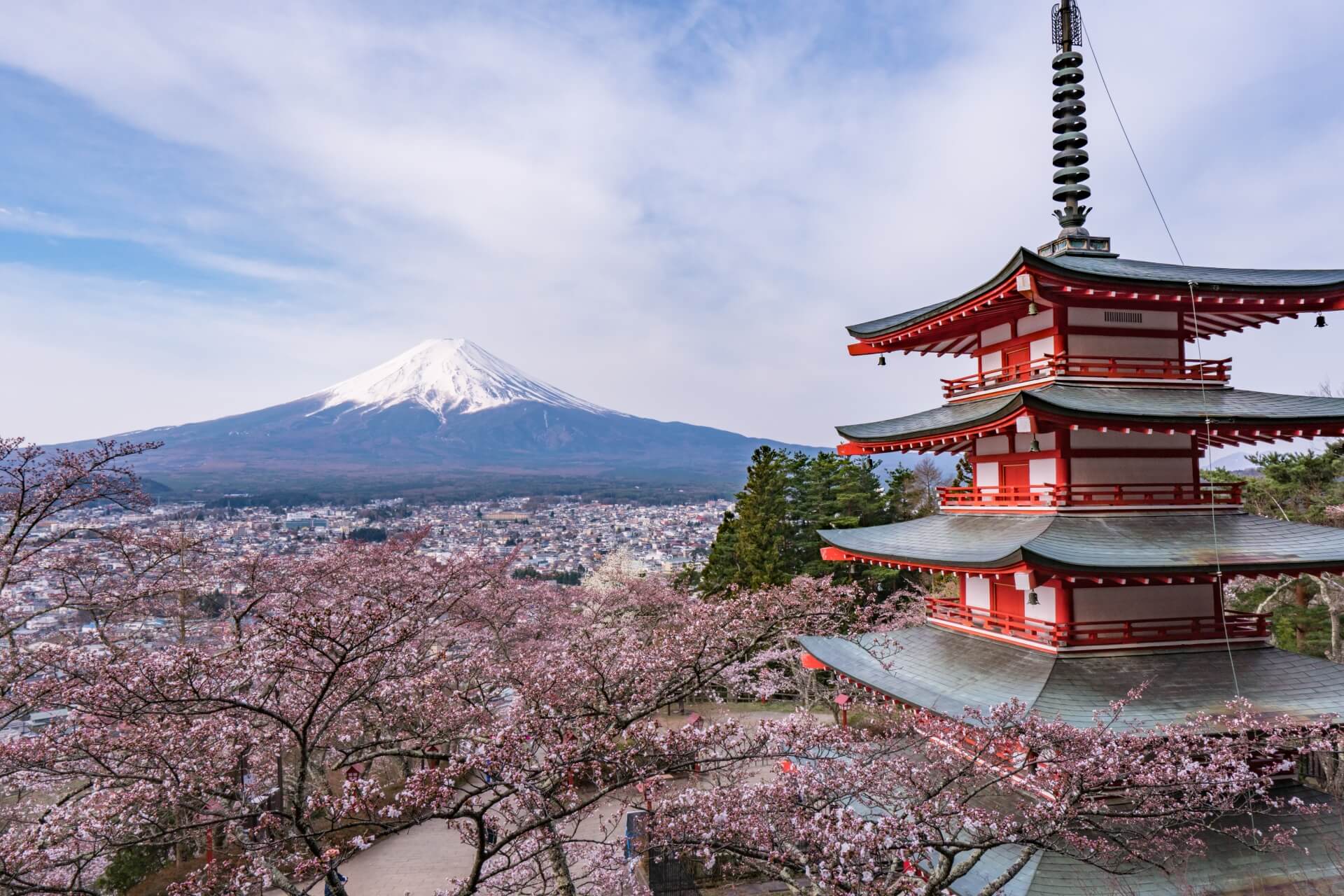
SIGHTSEEING
Chureito Pagoda and Cherry Blossoms: A Scenic Symphony at Arakurayama Sengen Park
2023.10.26
-
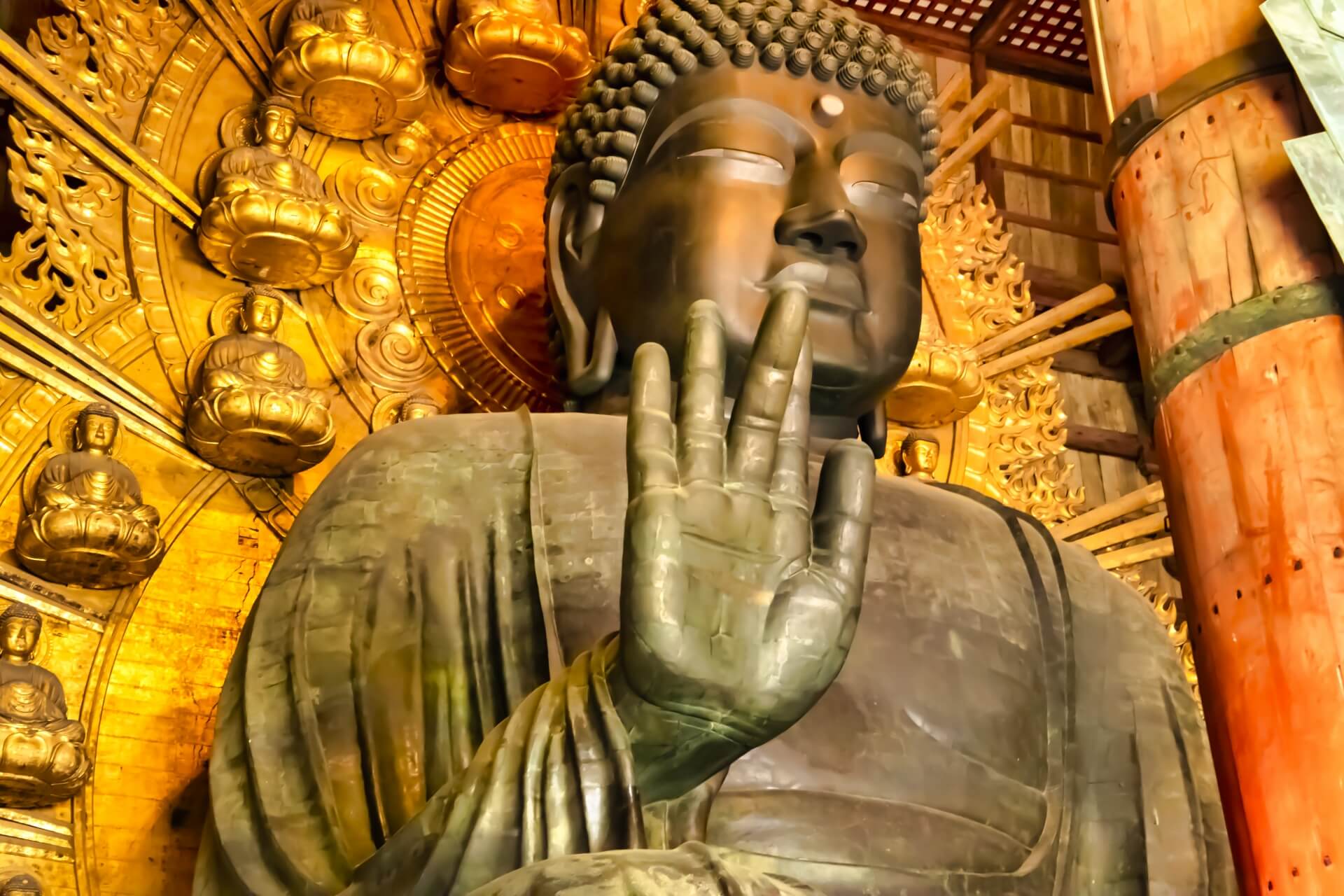
SIGHTSEEING
The Jewel of Nara: The Charm and Historical Background of Tōdai-ji
2023.10.18
-
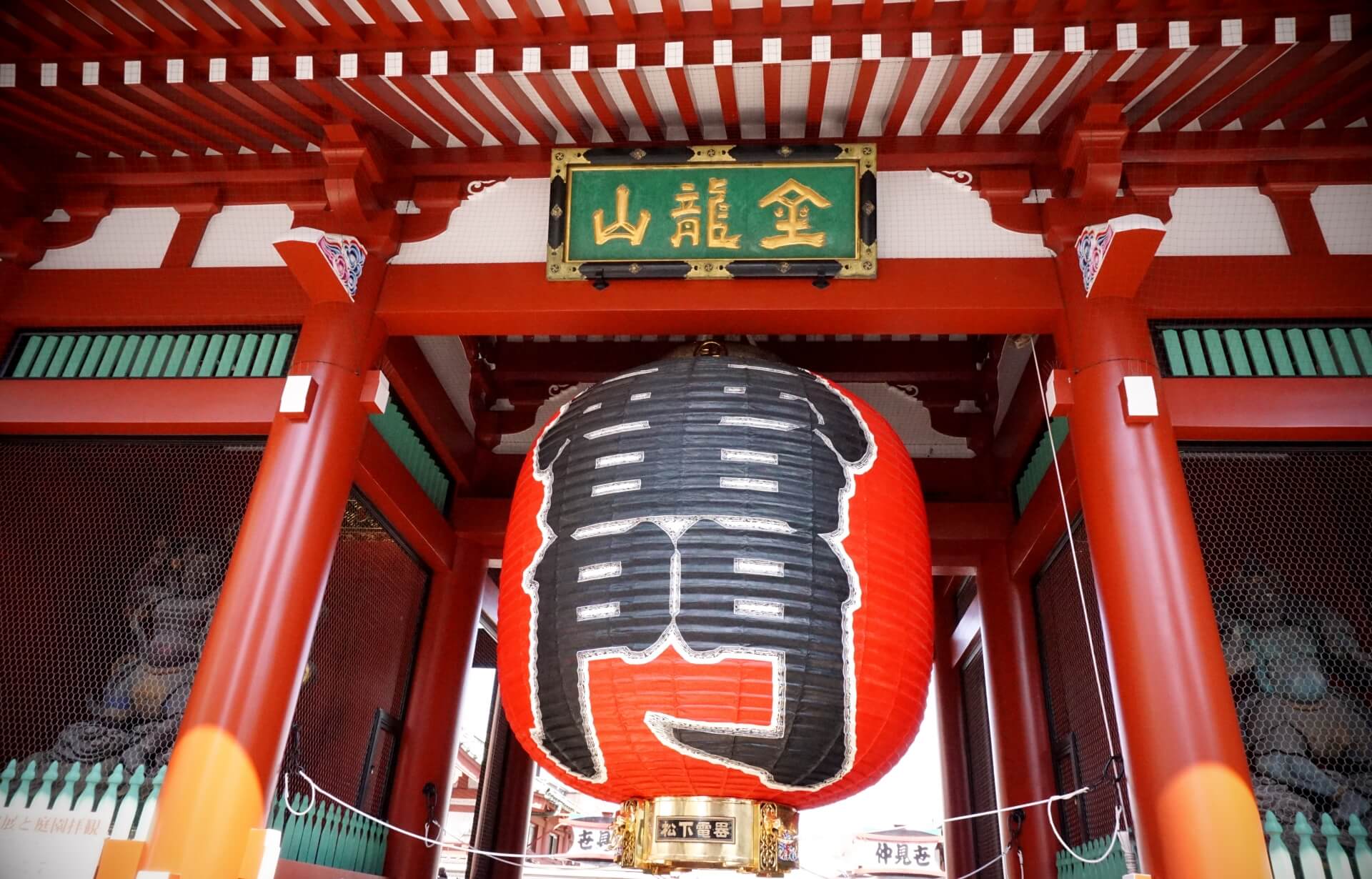
SIGHTSEEING
Senso-ji Temple: A Journey Through Japan’s Rich History and Culture
2023.10.25
-
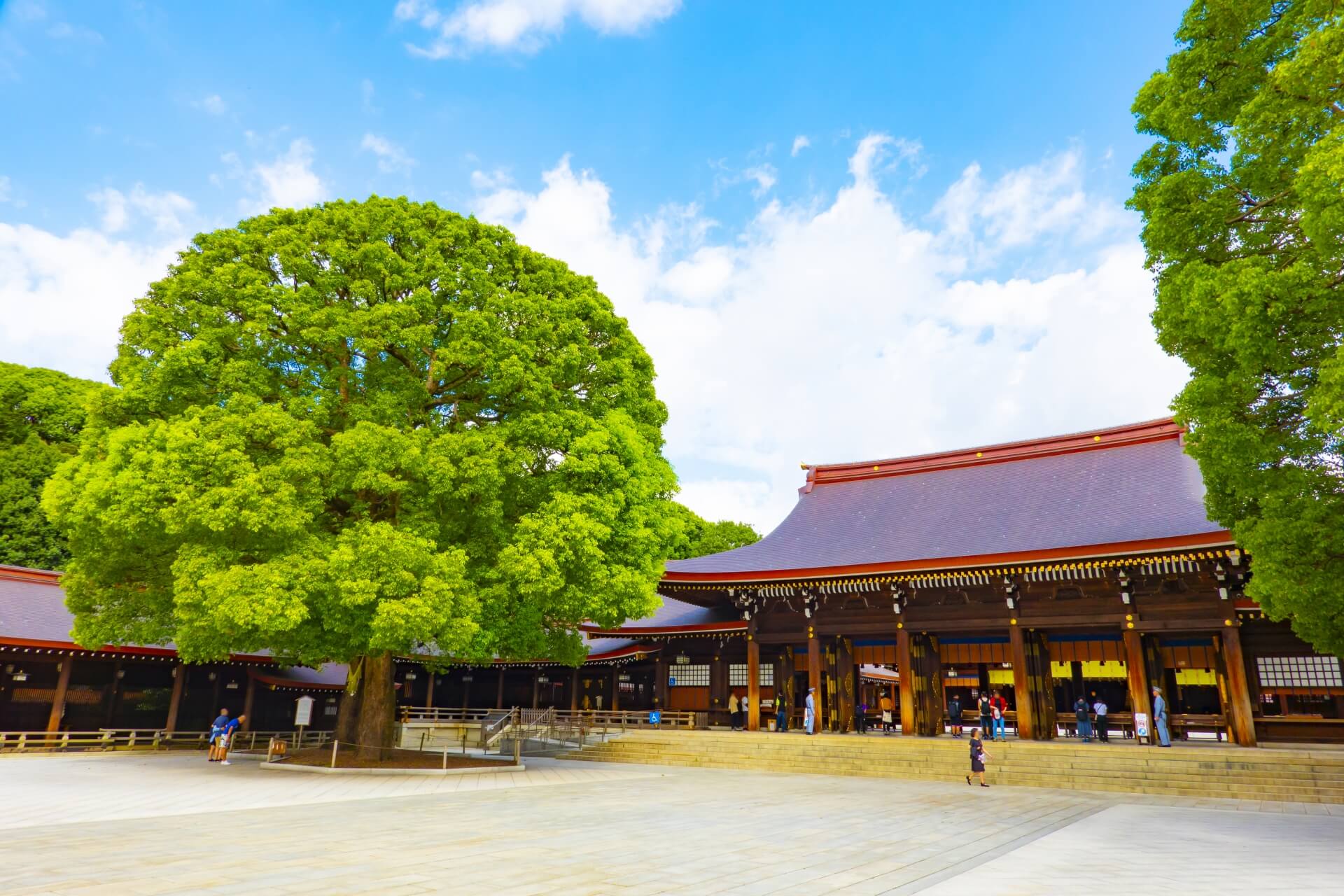
SIGHTSEEING
Meiji Shrine: A Verdant Sanctuary in Tokyo’s Heart
2023.11.07
-
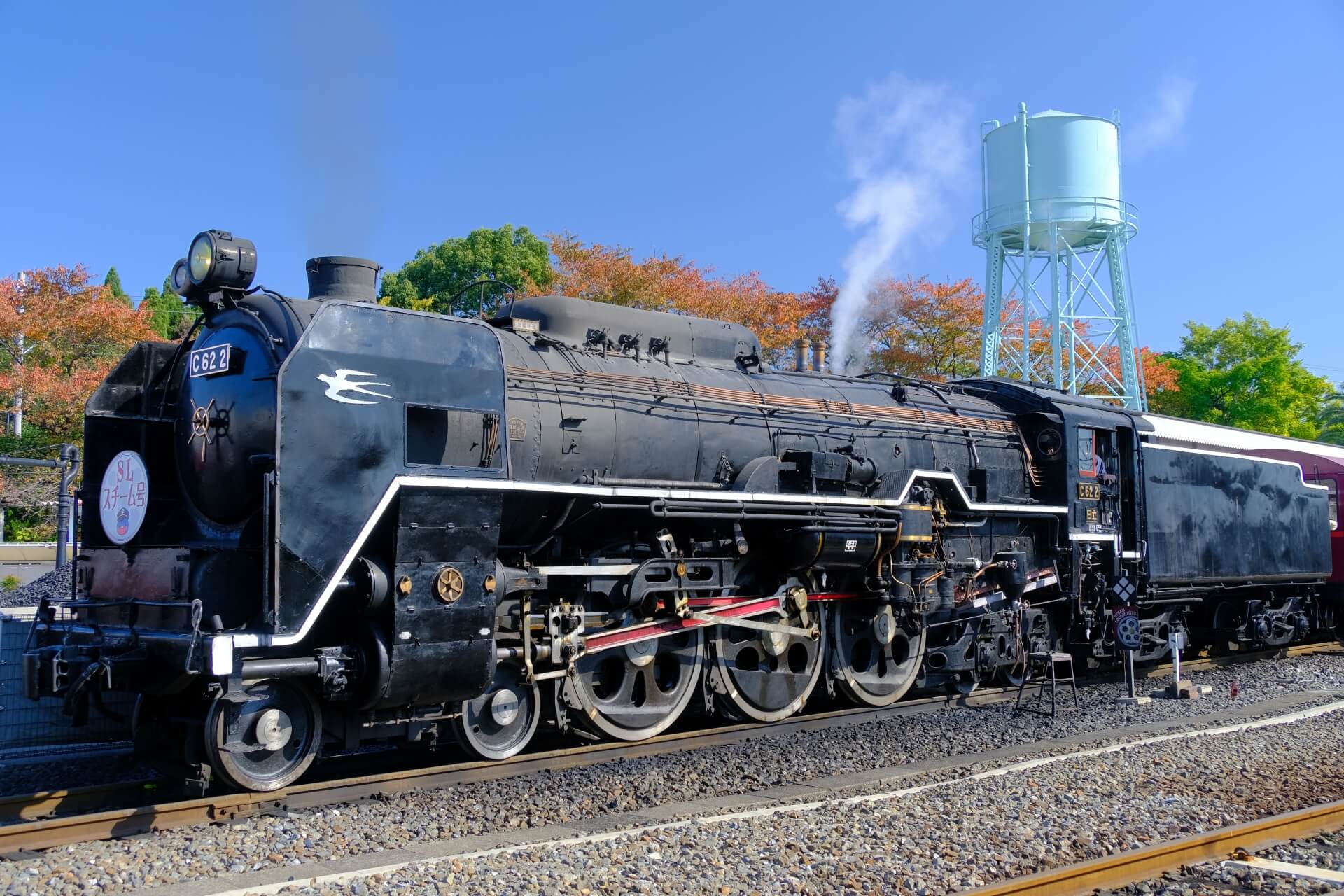
SIGHTSEEING
A Journey Through Time: Exploring the Kyoto Railway Museum
2023.10.26




